৩ ফাল্গুন ১৪৩২
Dr. Yunus Urged Malaysia For Joint Production of Halal Goods
15 August 2025 18:08 PM
NEWS DESK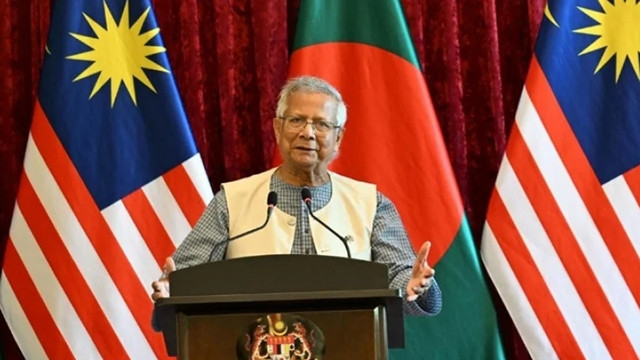
Bangladesh has invited Malaysian investors to expand their halal production facilities in the South Asian country and jointly penetrate the fast-growing global halal market.
“By combining our resources, the halal sector would be a natural area for increased partnership between Dhaka and Putrajaya,” the Bangladesh Government’s Chief Adviser Prof Dr Muhammad Yunus said in an exclusive interview with Bernama at the end of this three-day official visit to Malaysia.
He was here on the invitation of Prime Minister Datuk Seri Anwar Ibrahim between Aug 11 and 13.
He noted that Malaysia’s expertise in halal certification and branding and Bangladesh’s abundant land, labour and facilities would be a potent combination to scale up production.
“This positions both countries well to meet the demand for halal products in international markets,” he said.
The interview was led by Bernama Editor-in-Chief Arul Rajoo Durar Raj, together with Editor of International News Service Voon Miaw Ping and Assistant Editor of Bernama Economic Service Kisho Kumari Sucedaram.
Yunus said the halal market is not confined to Bangladesh or Malaysia, but constitutes the global market, alluding to the consumer base for halal products based on the two billion Muslim population globally.
According to Future Market Insights Inc.’s projections, the global halal food market is expected to grow from US$1.5 trillion in 2025 to US$3.8 trillion by 2035.
This phenomenal growth is driven by the rising demand for clean-label, ethically produced and hygienically processed food products, a report by the market intelligence provider and consulting services firm said.
Against such a backdrop and to get things moving, Yunus said he hoped that a delegation of Malaysian investors could visit Bangladesh to explore potential opportunities.
“We can help to facilitate with manpower resources,” he said.
Yunus said Bangladesh is ready to provide investors with facilities and support for halal production, which would make it easier for Malaysian companies to set up factories and to scale up.
“We will give you all the facilities, especially labourers for halal production. Come and locate your factory in our area, and we can provide whatever is needed.
“It’s a fast-growing industry, so we should take advantage of it,” he said.
Furthermore, he said Bangladesh’s young manpower surplus could offset Malaysia’s labour shortage.
“Whatever Malaysia is producing, you can shift the factory (here) because you need workers, and workers are available in Bangladesh.
“At the same time, Bangladesh itself is a huge consumer market exceeding 170 million, hence there will (always) be consumers waiting in line,” he said.
While halal production is a natural area for partnership, Yunus highlighted that investment opportunities and possibilities extend to garments, semiconductors, the maritime economy, digital services, as well as cross-border trade.
During his visit, Yunus and Anwar reviewed the progress of Malaysia–Bangladesh ties, focusing on trade and investment, labour, education, tourism and defence, as well as regional and international developments of mutual interest.
Besides meeting officials from the Department of Islamic Development Malaysia and the Halal Development Corporation, Yunus also met officials and investors from Proton Holdings, Sunway Group, Axiata Group Bhd and Khazanah Nasional Bhd.
Bangladesh is Malaysia’s second-largest trading partner and export destination in South Asia. Key exports comprise petroleum products, palm oil and chemicals, while imports include textiles, footwear, petroleum products and manufactured goods.
In 2024, Malaysia-Bangladesh trade rose 5.1 per cent to RM13.35 billion (US$2.92 billion).








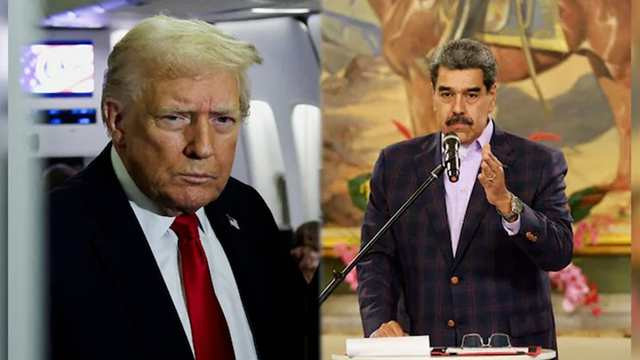
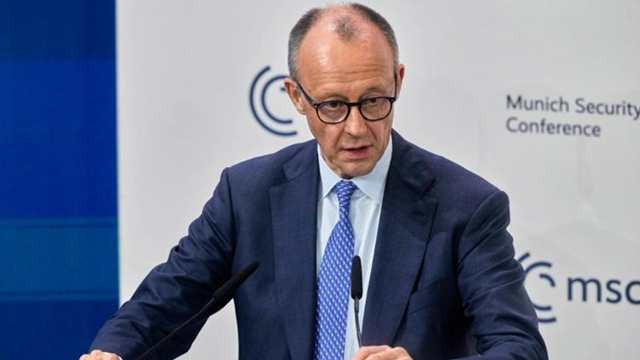
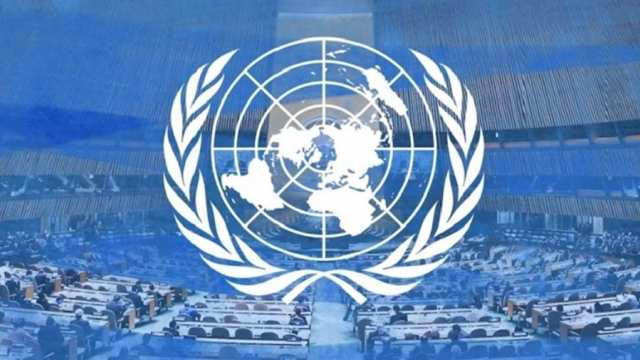
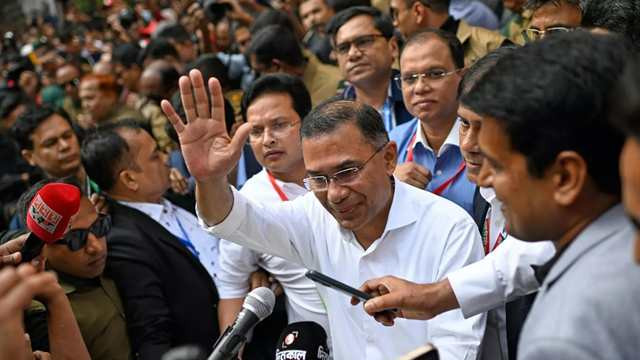

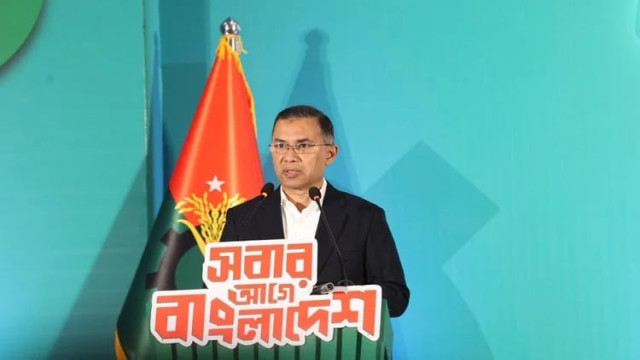



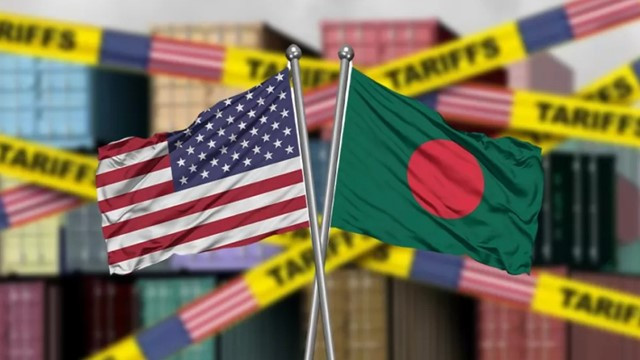
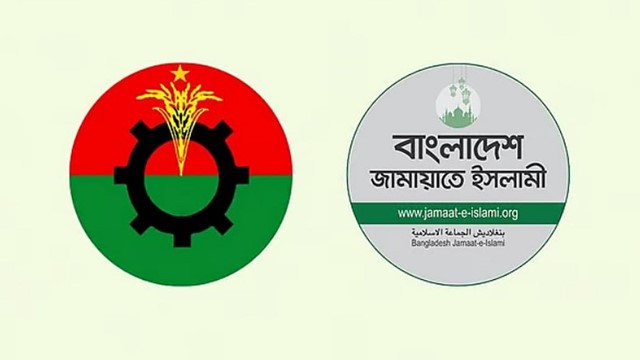
Comments Here: